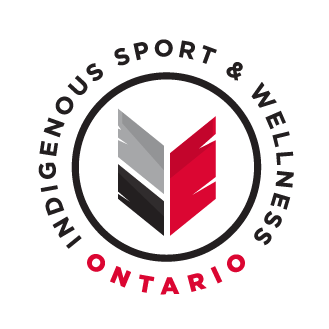ISWO has grown considerably over the last four years and has expanded its programming from a heavy emphasis on competitive and recreational sport, to a much broader portfolio encompassing aspects of Indigenous cultural knowledge, youth leadership and additional opportunities for competitive based sport (i.e. NAIG, Masters Indigenous Games). ISWO is committed to Indigenous wellness, through a variety of regional and national programs focused on sport, physical activity, cultural practices and knowledge, youth leadership, and community development.
ISWO has undertaken a comprehensive review of the populations and communities it serves, to determine the varying needs and requirements that exist across Ontario for Indigenous peoples. Through this review process, it has been identified that of the more than 300,000 Indigenous Peoples who reside in Ontario, approximately half live in urban centres and not within one of the 133 First Nation communities. With such a large percentage of the Indigenous population living in urban centres, ISWO determined it was a priority to develop and implement an Urban Indigenous Strategy, through the lens of sport, culture and wellness.
As part of this strategy and in order to better understand the needs of the Indigenous Peoples residing in urban areas, ISWO has engaged partners such as Friendship Centres, Urban Indigenous Organizations, Parks and Recreation Ontario, Canadian Sport for Life, Community Sport Councils of Ontario, local sport, recreation and wellness organizations, and the municipalities themselves, to develop opportunities that are well-integrated and aligned with existing programs and initiatives.


